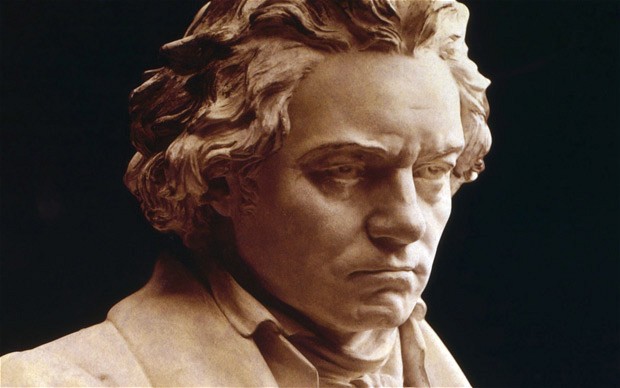Beethoven’s Hymn of Thanksgiving
Beethoven inscribed the transcendent third movement of his Op. 132 String Quartet with the descriptive title, “Heiliger Dankgesang eines Genesenen an die Gottheit, in der lydischen Tonart” (Holy song of thanksgiving of a convalescent to the Deity, in the Lydian Mode). The words reflected Beethoven’s gratitude for a burst of renewed health, following a near-fatal stomach ailment during the winter of 1824-25. They are the words of a composer who, earlier in life, grappled with …


